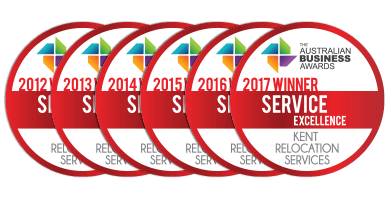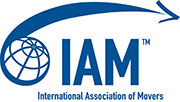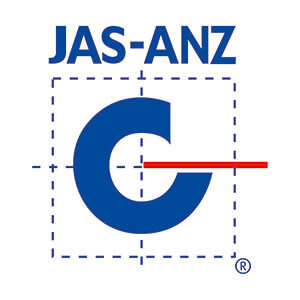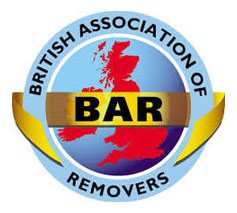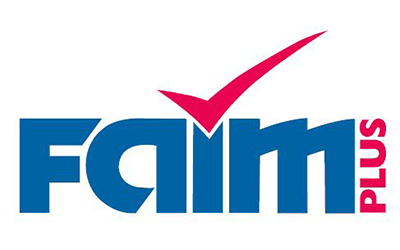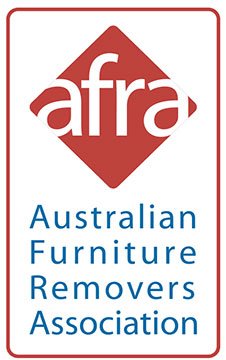US Tax Law & Code Changes: How the Tax Cuts and Job Act of 2017 Affects Assignees
12th February, 2018

The Tax Cuts and Job Act of 2017 ushered in changes to the US tax law. These changes will not only affect US citizens and taxpayers, but also any assignees moving into or out of the USA.
To ensure both your business and your assignees are prepared for these changes to the US tax code, we’ve put together the following guide.
Moving Expense Reimbursements
Before the changes to the federal tax code, employees were able to exclude any qualified moving expense reimbursements from their gross income or wages for the purposes of employment tax, under Code Sec. 3401(a)(15), Code Sec. 3121(a)(11), and Code Sec. 3306(b)(9).
These reimbursements applied to any amounts received from an employer to cover expenses which would count as deductible moving expenses under Code Sec. 217. These payments could be paid either directly or indirectly, as long as the costs were incurred or paid by the employee.
Changes to Moving Expense Reimbursements
For tax years beginning after 31 December 2017 and before 1 January 2026, moving expense reimbursements have been suspended for every taxpayer. The only exemption to this are members of the armed forces that are still on active duty and whose movements are dependent on military order and changes of station.
Employers with assignees moving to or from the US will need to account for these changes to the US tax code. Employers will now need to make essential decisions about how they will compensate employees for this suspension. For example, employers may wish to provide tax assistance for expenses incurred relating to travel, storage and household goods transportation. It is important to remember that an offer of tax assistance will lead to an increase of relocation costs.
Recruiting and Preview Visit Reimbursements
Assignees often visit their host location before they make a final decision on relocating overseas. These visits are often referred to as preview or recruiting visits. These visits allow both the assignee and the employer to gauge whether a relocation is the right fit for the employee. Typically, these trips include interviews and business meetings, with the expenses incurred usually reimbursed as business expenses.
Changes to Recruiting and Preview Visit Reimbursements
The changes to the inland revenue laws mean that expenses accrued during recruiting and preview visits may now be taxable. Certain factors will affect taxability, including:
- Primary activities during the trip
- Duration
- Time sent on business activities vs leisure activities (touring, acclimatising).
It is essential that any company involved in relocating employees either to or from the US are aware of these US tax law changes, so they can tailor the way they reimburse or provide tax support to their employees.
